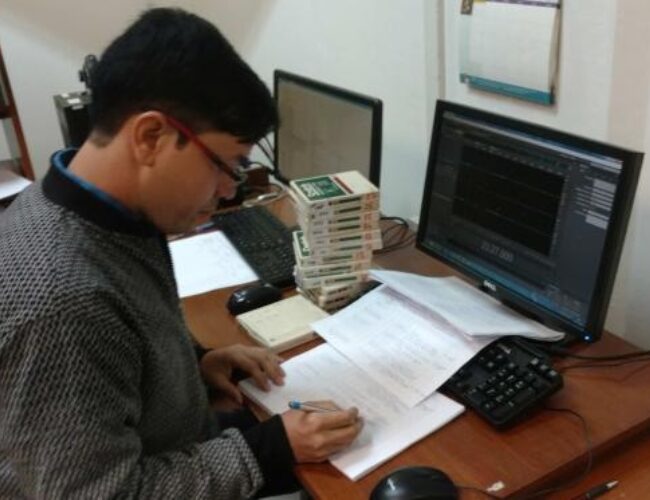Rajasthan’s cultural heritage is heavily based on oral traditions. Professional bards and musicians of the region recite traditional epics, with puppetry and music. Recordings made of such performances before the urbanisation of the region must be digitised, to promote the heritage of Rajasthan and allow scholars to study its culture.

The Rupayan Sansthan, Rajasthan holds the collection of recordings of Komal Kothari. A folklorist, Komal Kothari was responsible for documenting performances of Rajasthan’s music, epics and oral traditions. Recorded in the 1950s to 1970s, the tapes show traditional villages before any urbanisation or media exposure, and therefore represent a “pristine” phase of the traditions. The accompanying documents and photographs allow a deeper understanding of the traditions and will be of great use to ethnomusicologists, folklorists, scholars of narrative and verse, and specialists of Rajasthan studies.
The open reels at the core of this project date from 1958 to 1976. The lack of playback equipment has meant that no transfers have been made. The material was inaccessible, and the documents and photographs that accompany this collection have not been listed, catalogued or organised.
The project digitised 405 open reel recordings, along with 721 documents and 1,594 photographs. The tapes were relocated to the Archives and Research Centre for Ethnomusicology of the American Institute of Indian Studies, where they are stored in climate-controlled rooms. The staff of the archive were trained in digitisation and archival management of audio recordings. Digitised copies of the material have been distributed among performers and their heirs.
